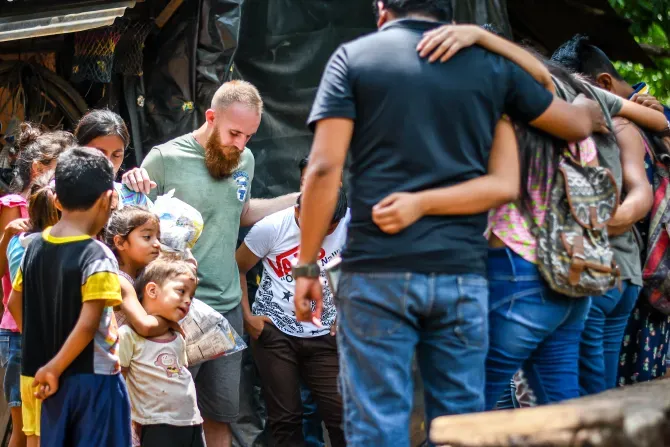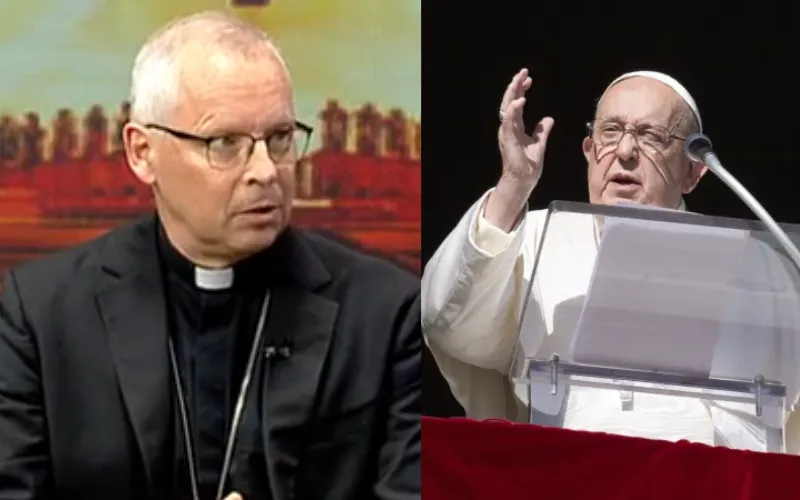Vatican, 13 September, 2023 / 12:11 pm (ACI Africa).
The United States Agency for International Development (USAID) on Tuesday announced the establishment of a new “religious engagement policy” the agency said is meant to incorporate more religious groups and institutions into its global aid and development missions.
USAID, an independent department in the federal government, administers foreign aid and development assistance to civilian authorities worldwide. Its $50 billion budget funds humanitarian efforts in disaster response, socioeconomic development, and other areas.
The agency said in a press release on Tuesday that it was debuting its “first-ever religious engagement policy,” which it said underscored “the important role of religious communities and faith-based organizations [FBOs] as strategic development partners.”
The press release said the new policy, titled “Building Bridges in Development: USAID’s Strategic Religious Engagement Policy,” offers aid workers a framework for “engaging religious communities and FBOs.”
Among its goals includes improved collaboration between religious institutions and the agency to maximize “humanitarian assistance outcomes.” The agency will also be pursuing what it calls “strategic religious engagement” with religious partners.








